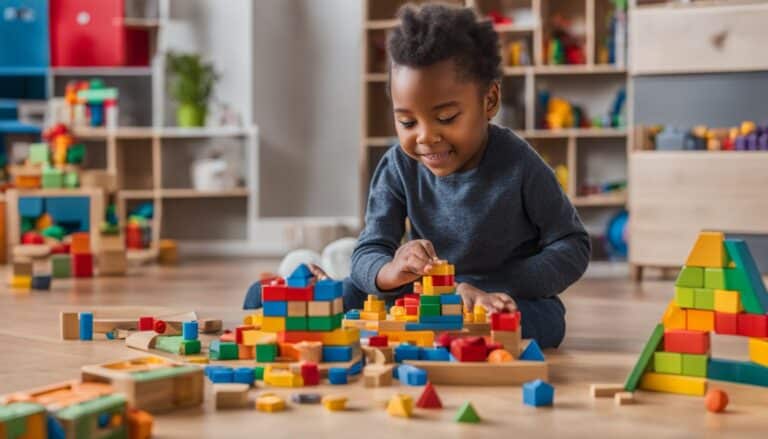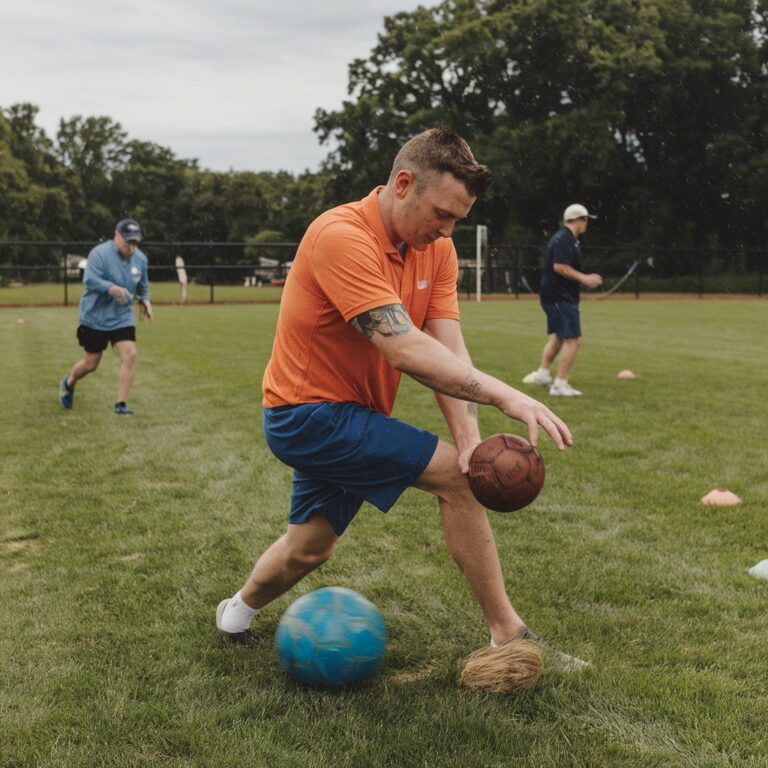Understanding Fine Motor Skills: Importance, Development, and Activities
What Are Fine Motor Skills?
Fine motor skills refer to the coordination of small muscles in the hands and fingers with the eyes. These skills are crucial for performing tasks that require precision and control, such as writing, drawing, and buttoning clothing. Unlike gross motor skills, which involve larger muscle groups and whole-body movements, fine motor skills are more intricate and detailed.
The Role of Fine Motor Skills in Daily Life
Fine motor skills are essential for various daily activities, from self-care tasks like eating and dressing to academic tasks like writing and using scissors. Mastery of these skills allows individuals to interact effectively with their environment and enhances their overall independence.
Examples of Fine Motor Skills
Fine motor skills include a range of specific tasks, such as:
- Grasping small objects, like beads or coins
- Holding a pencil or crayon for writing and drawing
- Cutting paper with scissors
- Tying shoelaces or fastening buttons
- Using utensils to eat
Importance of Fine Motor Skills
The development of fine motor skills is vital for several reasons:
- Academic Success: Fine motor skills are foundational for writing, drawing, and using classroom tools. Children with strong fine motor skills often perform better academically.
- Self-Care and Independence: Mastery of fine motor skills enables children to complete self-care tasks independently, boosting their confidence and self-esteem.
- Social Skills: Activities that require fine motor skills, such as playing games or crafting, encourage social interaction and cooperation among peers.
- Employment Opportunities: In adulthood, fine motor skills are necessary for many jobs, particularly those that involve manual dexterity, such as surgery, crafts, and engineering.
- Emotional Development: Engaging in activities that strengthen fine motor skills can also contribute to emotional regulation and patience.
Development of Fine Motor Skills
Fine motor skills develop progressively throughout childhood. Understanding the stages of development can help caregivers and educators support children’s growth effectively.
Stages of Fine Motor Skill Development
- Infancy (0-12 months): Infants begin to grasp objects and explore their environment with their hands. Activities like reaching for toys and transferring objects from one hand to another are crucial during this stage.
- Early Childhood (1-3 years): Children develop more precise movements, such as stacking blocks, turning pages in a book, and using simple utensils.
- Preschool Years (3-5 years): Children enhance their skills with activities like cutting with scissors, drawing shapes, and starting to write letters.
- School Age (6-12 years): Fine motor skills become more refined, enabling children to write legibly, perform intricate tasks, and engage in hobbies like sewing or model building.
- Adolescence and Beyond: The fine motor skills developed during childhood continue to refine and become more complex as individuals engage in various activities and professions.
Activities to Improve Fine Motor Skills
Engaging children in activities that promote fine motor skill development is essential. Here are some effective activities:
1. Arts and Crafts
Activities like painting, drawing, and cutting shapes help children practice their hand-eye coordination and control. Provide materials such as colored paper, scissors, glue, and crayons to spark creativity.
2. Puzzles
Manipulating puzzle pieces requires precise finger movements and helps enhance problem-solving skills. Opt for puzzles that are age-appropriate and gradually increase complexity as skills develop.
3. Building Blocks
Stacking and balancing blocks improves dexterity and encourages creativity. Consider using different types of blocks, such as wooden blocks, LEGO sets, or magnetic building tiles.
4. Playdough Manipulation
Rolling, squeezing, and molding playdough strengthens hand muscles and enhances grip strength. Encourage children to create shapes or figures, which also stimulates imaginative play.
5. Threading Activities
Using beads or laces for threading tasks encourages concentration and coordination. This activity helps develop precision and is a great way to create jewelry or other crafts.
6. Cooking and Baking
Involving children in cooking or baking allows them to practice measuring ingredients, mixing, and decorating, all of which enhance fine motor skills. Tasks like kneading dough or icing cupcakes are particularly beneficial.
7. Finger Painting
Finger painting is a fun and messy way to enhance fine motor skills. It encourages creativity while developing tactile skills and hand-eye coordination.
8. Garden Activities
Gardening provides opportunities for children to dig, plant, and water, all of which promote fine motor development. Engaging with nature can also foster a love for the outdoors.
9. Board Games
Playing board games that involve moving pieces or drawing cards can also enhance fine motor skills. Choose games that require dexterity and encourage turn-taking and social interaction.
Common Challenges in Fine Motor Skills
Some children may face challenges in developing fine motor skills. Identifying these challenges early can lead to appropriate interventions:
1. Developmental Delays
Children with developmental delays may require support from occupational therapists to strengthen their fine motor skills. Delays can impact various areas, including academic performance and self-care tasks.
2. Handwriting Difficulties
Poor handwriting can be a sign of weak fine motor skills. Strategies to improve writing technique and grip can be beneficial. Providing ergonomic tools, such as pencil grips, may help improve comfort and control.
3. Lack of Practice
Children who do not have ample opportunities to practice fine motor tasks may lag behind their peers. Providing a variety of activities is essential for skill enhancement. Monitor children’s engagement in play that promotes these skills.
4. Attention Deficits
Children with attention difficulties may struggle to focus on tasks that require fine motor skills. Incorporating short, engaging activities can help maintain their interest and encourage participation.
Tips for Parents to Support Fine Motor Skill Development
As a parent, there are several strategies you can implement to help your child develop fine motor skills:
1. Provide Opportunities for Exploration
Encourage your child to explore their environment and engage with various materials. Create an inviting space for play where they can freely manipulate toys, art supplies, and other items.
2. Be Patient and Offer Praise
Recognize that skill development takes time. Be patient and celebrate small achievements to build confidence and motivation. Positive reinforcement encourages children to continue practicing their skills.
3. Limit Screen Time
Encourage hands-on activities instead of excessive screen time. While some educational games can be beneficial, active engagement in physical tasks promotes better fine motor skill development.
4. Involve Them in Daily Tasks
Incorporate fine motor activities into daily routines. Tasks like setting the table, folding laundry, or helping with meal preparation provide real-world opportunities for practice.
Professional Interventions
If a child exhibits significant difficulties with fine motor skills, seeking professional help is essential. Occupational therapists can assess fine motor skills and provide tailored strategies and activities to support development.
1. Assessments
Occupational therapists conduct evaluations to identify specific strengths and weaknesses in fine motor skills. These assessments can help determine the appropriate interventions needed.
2. Tailored Activities
Professionals can create customized activity plans that target the child’s individual needs. This may include targeted exercises, adaptive tools, and strategies to enhance engagement and motivation.
3. Collaboration with Educators
Therapists often work closely with teachers and caregivers to implement strategies within the classroom and home environments, ensuring consistency in the child’s development.
FAQ
What age do fine motor skills develop?
Fine motor skills begin to develop in infancy and continue to improve through childhood. Significant milestones are often observed by age three, with further refinement occurring as children enter school.
How can I help my child improve their fine motor skills?
Encouraging play that involves hands-on activities such as arts and crafts, puzzles, and building blocks can significantly improve fine motor skills. Additionally, incorporating fine motor exercises into daily routines, like buttoning clothes or using utensils, can be helpful.
What are some signs of fine motor skill delays?
Signs of fine motor skill delays may include difficulty grasping objects, trouble with self-care tasks (like dressing), and challenges with writing or using scissors compared to peers.
Are there any tools to help improve fine motor skills?
Yes, tools like adaptive scissors, pencil grips, and fine motor skill kits are available to assist children in developing their fine motor abilities. These tools can make activities more accessible and engaging.
When should I seek professional help for my child’s fine motor skills?
If you notice significant delays in your child’s ability to perform age-appropriate tasks, or if they express frustration with fine motor activities, it may be beneficial to consult with a pediatric occupational therapist for an assessment and tailored interventions.





